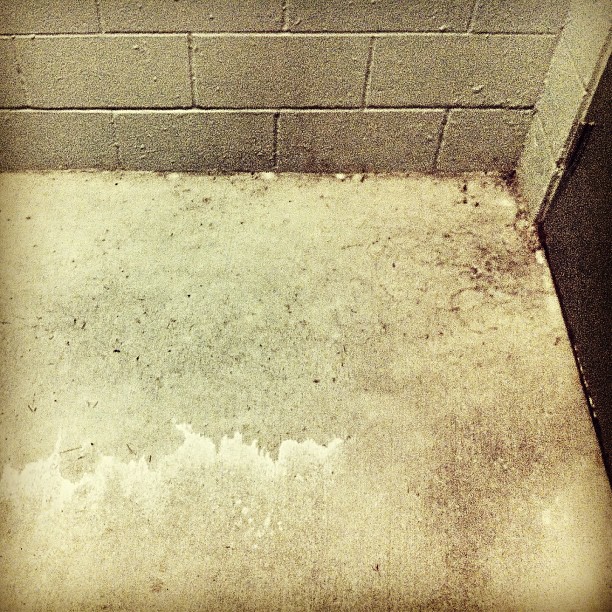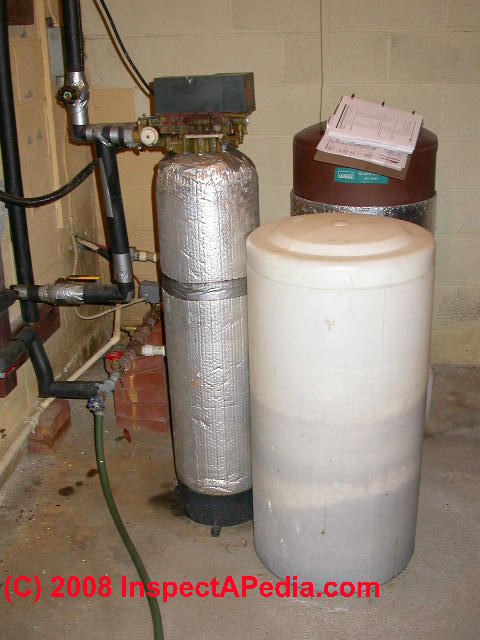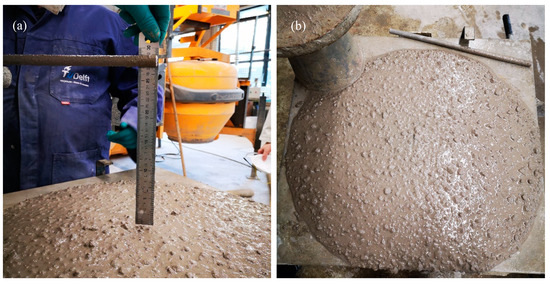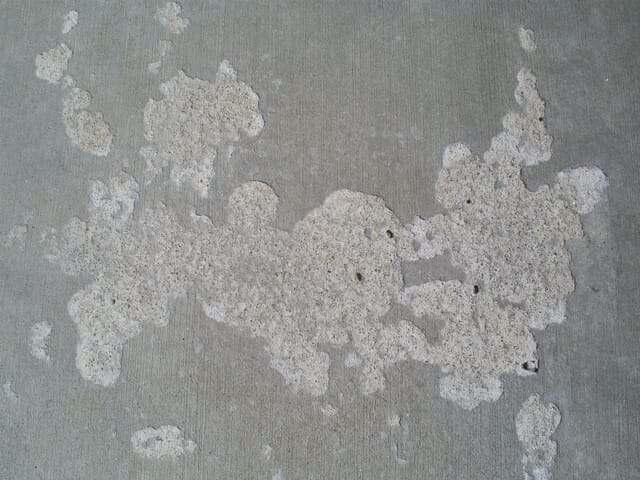Does Water Softener Salt Damage Concrete

It can be washed away easily.
Does water softener salt damage concrete. Water softener salt damage to concrete about a year ago our water softener case cracked and the salt water spilled on to the garage floor. The corrosion caused by salt water on concrete is not so much on the concrete as on any rebar or iron reinforcing rods in the concrete. Salt can also increase the freeze thaw cycles if the temperature fluctuates between 15 f and 25 f. Bumps and potholes don t just appear due to regular wear and tear salt damages concrete over time by causing corrosion to occur under the surface leading to discolored cracked and crumbling concrete.
The first thing to remember is water soaks into concrete. Top answer 33 of 9 votes. Salt is a mild acid and lowers the ph in the concrete. These actually soften the water from your well by removing the hard water ions calcium magnesium and iron.
That sounds weird so we ll explain. No to soften water you need a water softener. If the unit is malfunctioning and a high salt content is discharged it might leave a white residue once dry. The answer is yes salt does indirectly damage your concrete driveways patios and sidewalks.
Salt does not chemically react with hardened concrete. The acidic reaction attacks the concrete paste and aggregate weakening the structure and strength of the concrete. The salt used in the brine tank of a water softener does not directly soften the water but is used to regenerate the resin beads in your water softener. The salt is indirectly responsible only because it helps promote more freeze and thaw cycles within the top surface of the concrete.
Several references to this can be found by searching under salt water corrosion of concrete again the main culprit is the hydrogen sulfide gas formed in the septic tank. Salt does however lower the freezing point of water attract moisture and increase pressure of frozen water. It also increases the pore size allowing additional water and chemicals into the concrete which can exacerbate freeze thaw cycle damage. The cement is being eaten away by the salt water.
It s important to realize this water inside the top of the concrete expands about nine percent in volume when it freezes. Effects of salt on concrete.












































